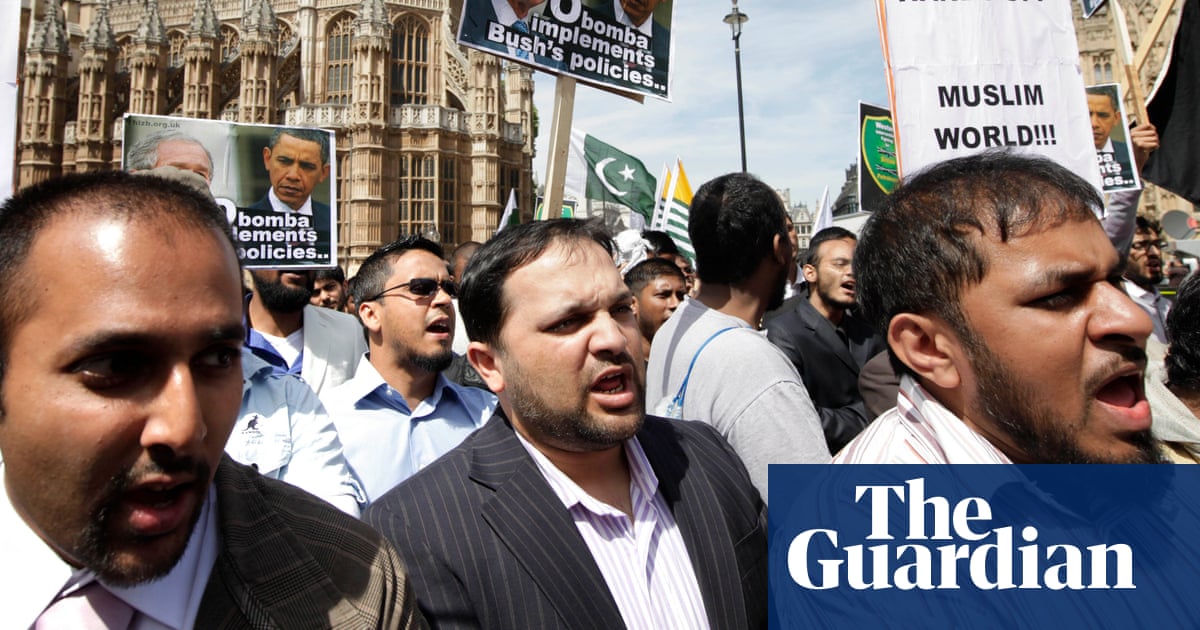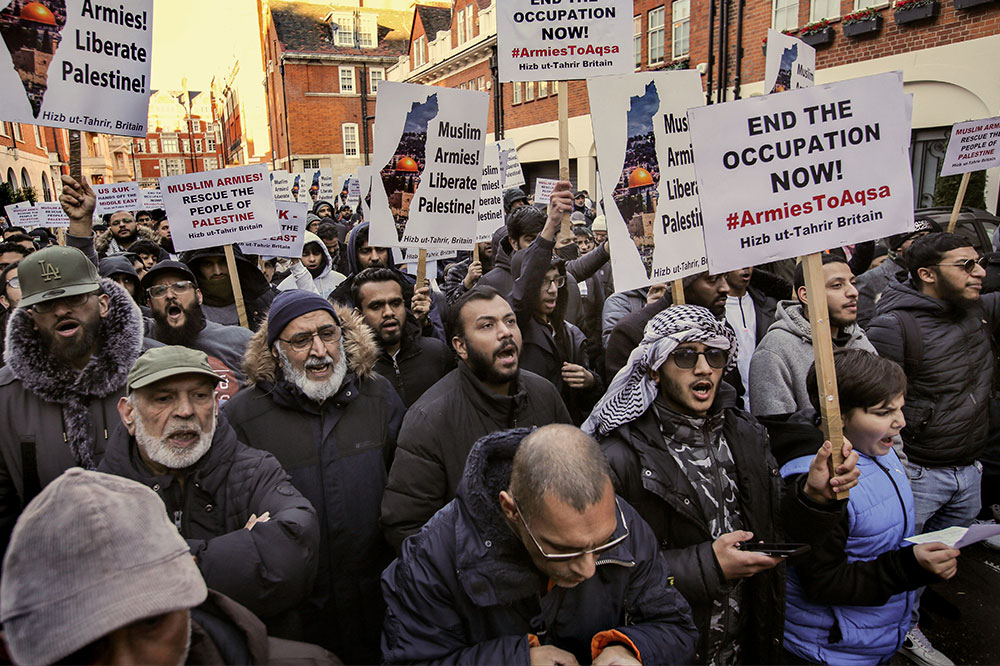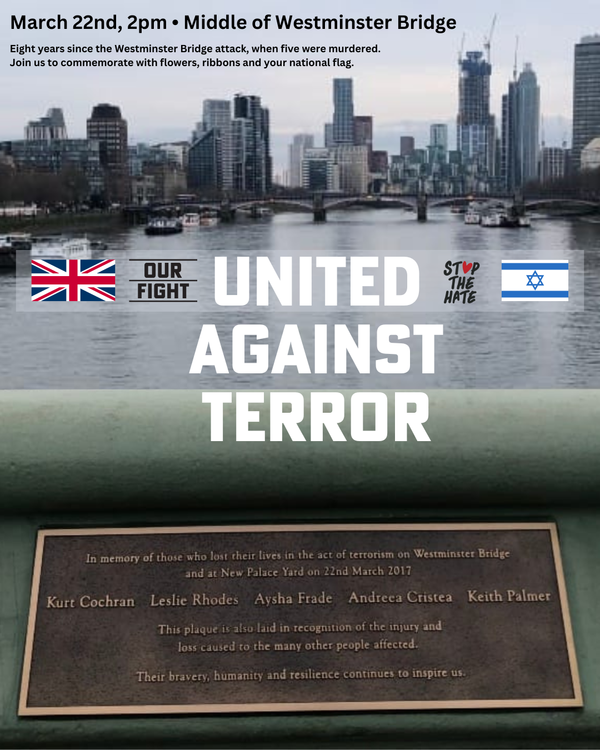You Can't Ban Hate
David Axe suggests that banning Hizb ut-Tahrir may hide more pressing problems.

This Monday saw plans laid before the UK Parliament to ban Islamist organisation Hizb ut-Tahrir (HT). If Parliament does not vote the proposal down, then this measure could be in place by Friday.

HT are undoubtedly a vile, anti-Semitic Islamist organisation. They are well known for arguing for the creation of an Islamic Caliphate and calling for the destruction of Israel–a view they share with other Islamists.

Home Secretary James Cleverly is no doubt right when he says that:
Hizb ut-Tahrir is an anti-Semitic organisation that actively promotes and encourages terrorism, including praising and celebrating the appalling 7 October attacks

And Douglas Murray, high profile champion of Israel's right to defend itself, is clear that HT should have been banned sooner.

Proof
This isn't the first time that a ban has been mooted, and if it falls in Parliament on Friday, it no doubt won't be the last. Back in 2005, in the aftermath of the 52 murdered in the 7/7 terrorist attacks, then Prime Minister Tony Blair talked of banning HT alongside other measures, such as allowing for deportation of people who glorify terrorism. A few years later, Gordon Brown tried something similar, but on each occasion, the conclusion was that it was not possible to 'prove' that HT were inciting violence. At the time, Jonathan Freedland wrote in The Guardian that avoiding the ban was a welcome outcome:
Despite criticism, the government's recent decision not to ban Hizb ut-Tahrir confirms an important democratic tenet.

So why do the Government think they have a better chance today?
The most likely reason is that some of HT's actions have been filmed and circulated on social media. The Home Office is no doubt hoping that this will be the proof they need.
France and Germany
Whatever the intentions of the government, and its understandable desire to help the Jewish community feel safer in the UK, anti-Semitism cannot be abolished with a ban, or eradicated by proscribing specific organisations.
France has gone further than targeting extremist organisations, and banned certain 'pro-Palestine' demonstrations, yet it cannot be said that France is less anti-Semitic for it.

And HT is already banned in Germany; is Germany less anti-Semitic as a consequence?
Anti-Semitism in Wider Society
As important as the question of whether bans are a realistic strategy, is the consideration of whether groups like HT are the cause of the growing anti-Semitism we see today. Whatever the disgust we may feel at the calls for Jihad being shared, HT still only mustered small numbers of supporters to their parallel demonstrations, while other 'pro-Palestine' marchers rallied in their tens of thousands.
And if HT are not so influential, then banning them risks trying to tackle the wrong issue.
For example, in the UK we have leading football presenter Gary Lineker taking pole position in the charge to boycott Israel. The suggestion that Israel is so bad that polite society should support its ostracisation is fuel to anti-Semitism in college campuses and on London streets every Saturday.

Much the same can be said of the farcical trial that started last week in the International Court of Justice (ICJ), in which South Africa accuses Israel of genocide. Even if the case falls, the effect over the coming months will be to continually question the notion that 'genocide' applies to the Holocaust and the Jewish experience, and define it instead as something that Jews are responsible for. The more successful this redefinition, the more justified will seem casual anti-Semitism.

With this new anti-Semitism at every turn, in academia and the media, we must recognise that to challenge it will require a battle of ideas–a battle that starts with Israel's right, not only to exist, but to defend its citizens against terrorist attacks.
The unfortunate truth is that the proscription of HT will be no more than a sideshow in the bigger struggle against anti-Semitism. Its adherents will simply move on, unaffected by the bans and prescriptions, whilst the dangerous idea will grow that anti-Semitism only comes in extremist-shaped bottles.

Driving anti-Semitic slogans and organisations underground will do nothing to defeat anti-Semitism; it will only make the fight against it more difficult.








